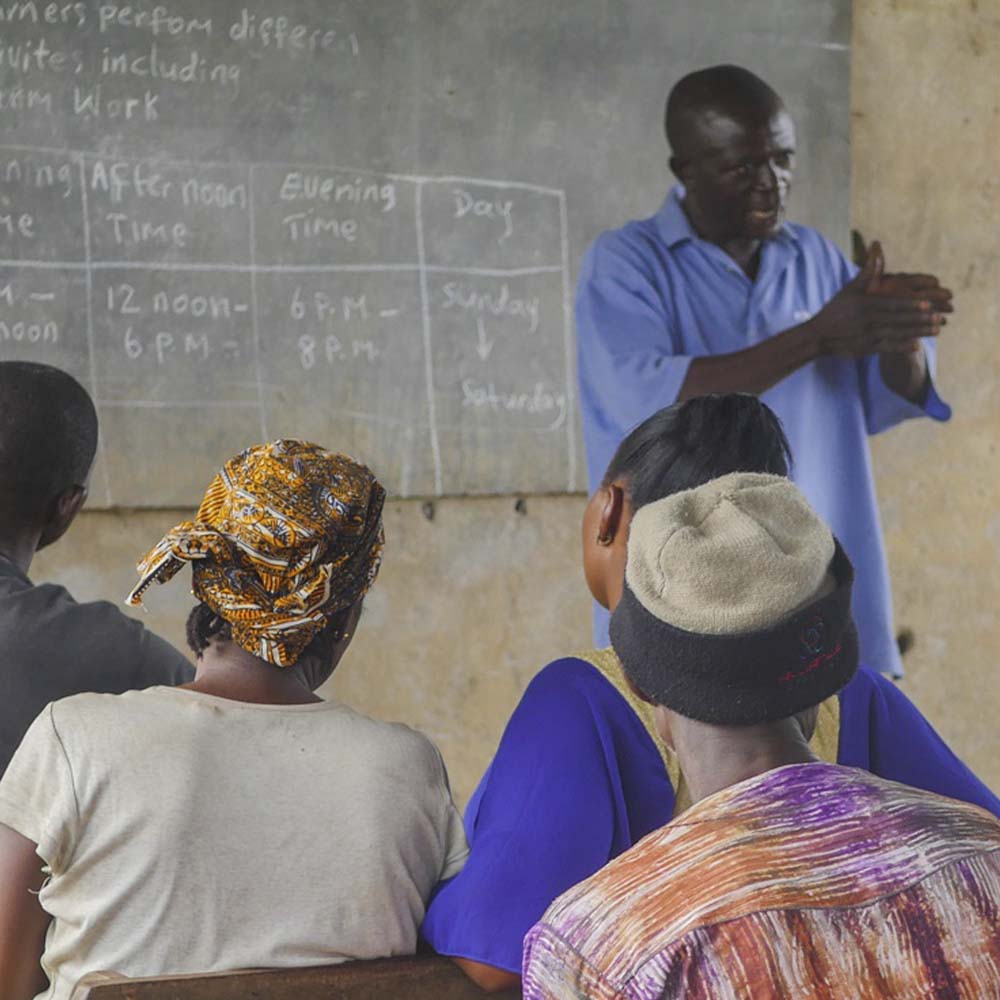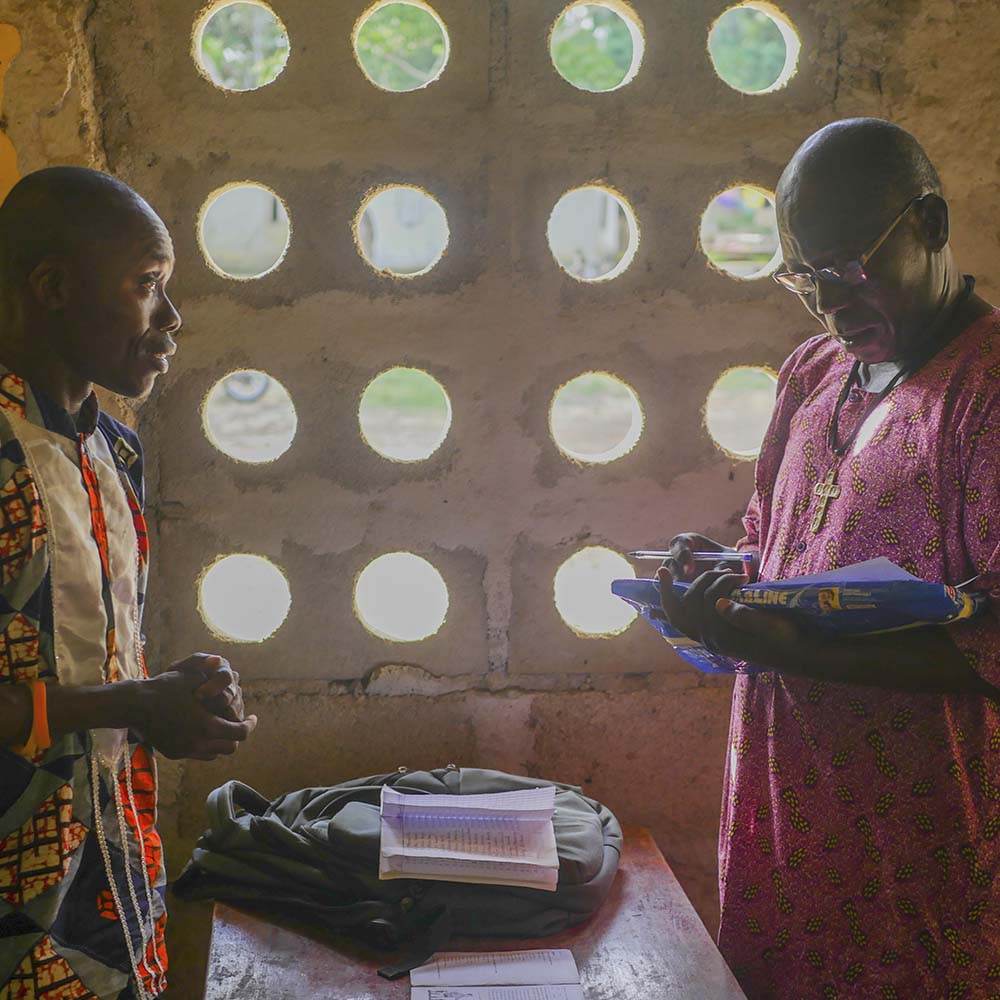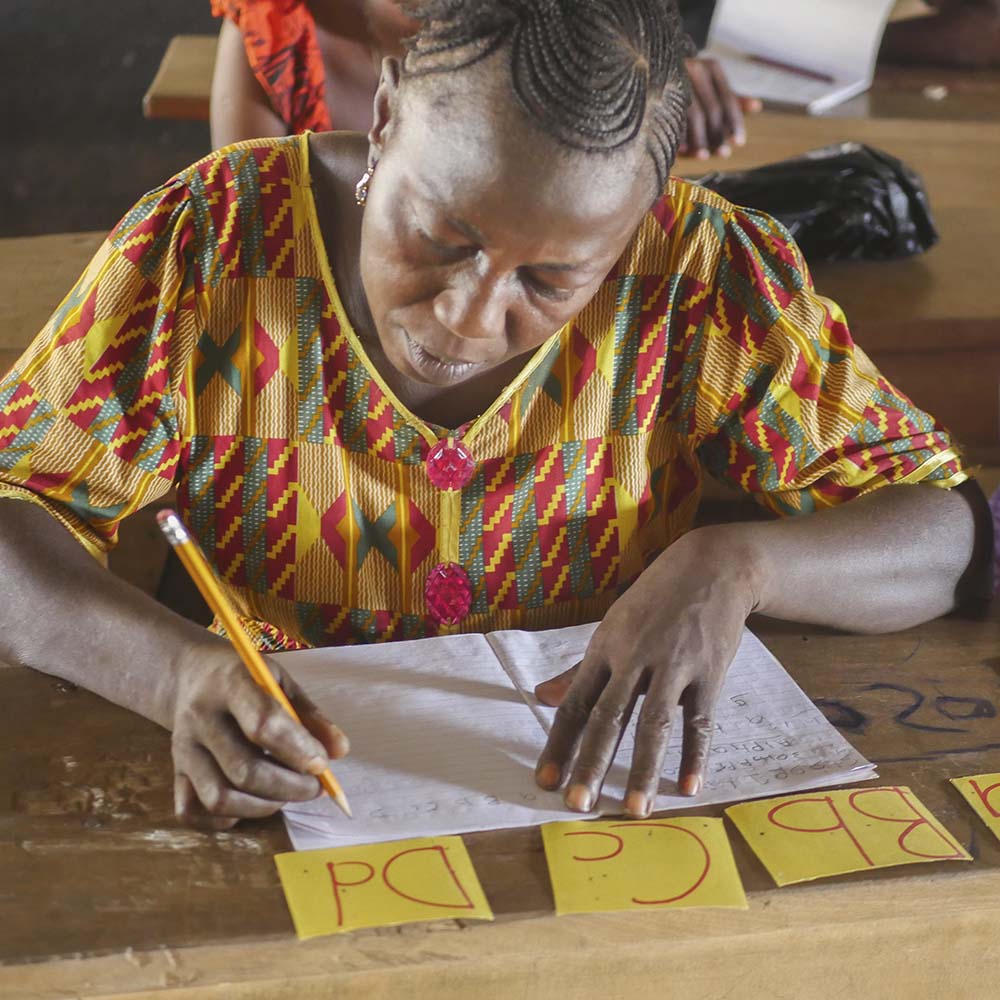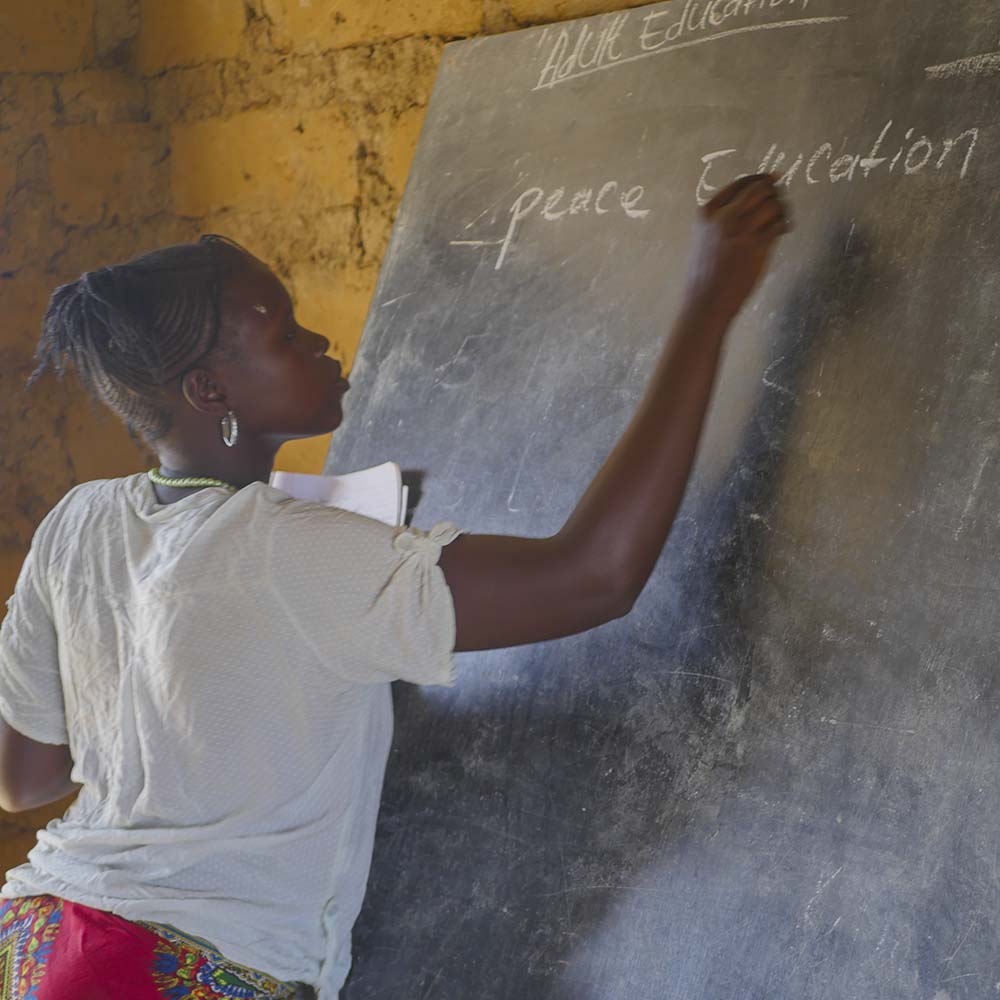Our history

The Beginning of
SLADEA’S work
Initially SLADEA focussed largely on adult literacy
and numeracy and to this end spearheaded the establishment of literacy classes in many towns.
The classes, which were led by well-trained and highly motivated facilitators, attracted many adults and particularly women.

The Challenges brought by
Civil War
Sierra Leone’s civil conflict (1991–2002) created immense challenges but also opportunities for the advancement of adult education in the country. As a result of the war, many functionally educated adults reverted to illiteracy and after the cessation of hostilities they and many others developed a keen interest in our programmes, which they saw as offering a golden opportunity to emancipate themselves from poverty and ignorance.

Post-War Situation
The post-war situation has brought a need, especially among women and young people, to learn life skills
in order to better their own situation and that of their families. Many women are now family heads, single parents and bread-winners as a result of the death
of their husbands and male partners during the war.

